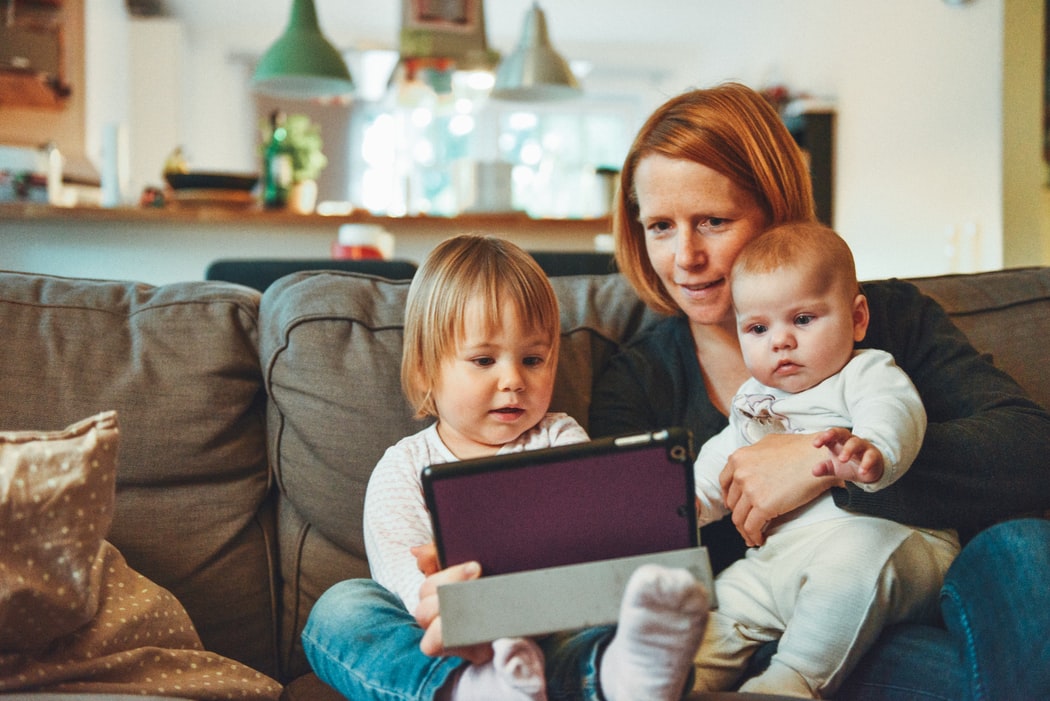
This is particularly true when parents can minimize conflict both during and after a divorce. When parents are dedicated to working together to make sure that their children adjust well, it is possible to raise happy children after a divorce.
One way to accomplish this goal is through working with a Long Island divorce lawyer who offers more cooperative forms of resolving divorces, such as mediation. This process allows couples to save both time and money — and focus on what truly matters: their children.
How a Divorce Mediation Can Help
Mediation is a type of alternative dispute resolution where a neutral third party helps a couple reach an agreement that is acceptable to both parties. With mediation, each party retains greater control in the decision-making process, while saving time, money and stress.
Divorce mediation is designed to allow the parties to cooperate and communicate about the core subjects of a divorce, such as property division, child custody and support, and alimony. It has significant benefits over litigating a divorce, particularly when it comes to resolving a divorce in a cost-effective, low stress manner.
By its very nature, litigation is adversarial. In contrast, mediation is focused on cooperation. This can help couples stay focused on what they have in common, like love for their children and a desire to do what is best for them. This can help parents build a stronger co-parenting relationship and develop a custody arrangement that meets the needs of all involved.
Perhaps most importantly, mediation generally reduces the hostility that can be present in a divorce process. When couples are focused on communicating and working together to achieve a settlement, they are less likely to carry anger towards the other parent after the divorce.
Tips for Successful Co-Parenting After a Divorce
After a divorce has been finalized, parents enter in a new world: co-parenting. This can be challenging for any parent, regardless of how amicable the divorce process was. However, there are some ways that parents can work together to help their children grow up happy and healthy after a divorce.
First, parents should focus on lessons learned in divorce mediation: cooperation and communication are key. Conflict between parents is incredibly damaging to children after a divorce. By working together to reduce disputes as much as possible, parents can help their kids adapt to life after divorce.
Second, each parent should establish new routines for their separate households. The kids will have to get used to new schedules and perhaps even a school change. Give kids stability by creating structure at each of your new homes.
Third, each parent can now focus on becoming better at parenting based on their personal strengths — and consider how their ex brings their own unique assets to parenting. For example, when you were married, you may have hated how your spouse would make a mess while cooking in the kitchen with the kids. Now your kids get to learn how to cook — and you aren’t responsible for clean up! At the same time, think about ways that you can become a better parent now that you no longer are stressed about your relationship with your former partner.
Fourth, find ways to create positive moments for your kids! Being a single (or solo) parent does not meet that your kids cannot have memorable experiences. Do outings with friends or family, and think about ways that you can all come together to create special times for your children.
Fifth, make sure that you take time for yourself. Now that you are a single parent, you may have less time for yourself. It’s important to prioritize self-care so that you can be present and available for your children.
While life after divorce isn’t always easy, concentrating on how you can help your children adjust can help you build a strong co-parenting relationship with your ex. In doing so, you can help your kids become part of the 80% of children who adapt well after divorce.
Work with a Long Island Divorce Lawyer
The decision to divorce can be a difficult one, particularly if children are involved. Fortunately, there are options other than a high conflict divorce that can be hard on both the parents and children.
For more than 25 years, Winkler Kurtz, LLP has served families throughout Long Island with a range of family law services, including divorce mediation. Call our office at 631-928-8000 or contact us online anytime to schedule a consultation with a Long Island divorce lawyer.